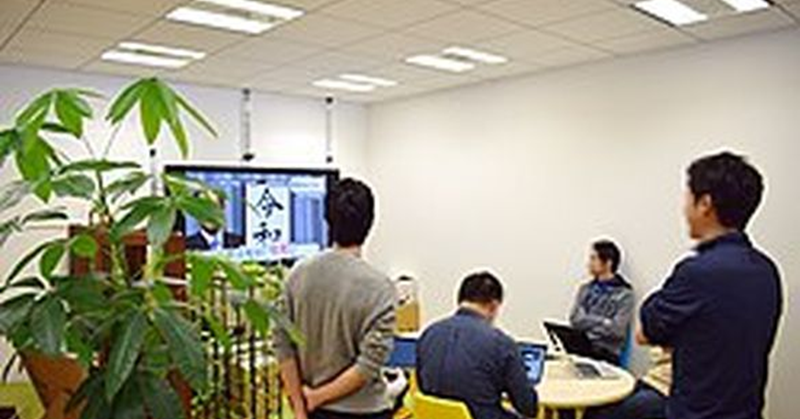When it comes to work culture, Japan has gotten a pretty troubling picture painted of long hours at work and seniority issues, but while the culture is definitely far from perfect, there are also good things to look forward to and appreciate.
For one, since seniority is valued in Japanese work culture, many employees stay long in a company to get to that level, and another unique thing about working in Japan is the number of paid leave for fathers.

Japan Has Most Paid Leave for Fathers, but Few Actually Use It
According to a new report by the U.N. Children’s Fund based on legal entitlements from 2016, Japan leads the world in paid leave set aside for fathers, but few take advantage of it, as shared in a report by Japan Today.
The report, titled “Are the World’s Richest Countries Family-friendly?” explores the world’s most family-friendly high and middle-income countries, and among other factors ranks nations by the amount of paid leave that fathers and mothers are entitled to receive in a year.
According to the report, in Japan, the only country that offers at least six months at full pay for fathers, only 1 in 20 took paid leave in 2017.
While still placed at a low level, the percentage went up to 6.16% in 2018, as per Japan’s Ministry of Health, Labor and Welfare.
Based on a survey cited by the UNICEF report, 45% of male workers with children under 3 who are on regular contracts shared that they did not want to take paternity leave, while 35% said that while they did want to, they could not afford to do so.
Among those who opted not to take the benefit, the top 3 most common reasons included an “unfavourable atmosphere” in the workplace; their company did not offer this benefit; and severe staff shortages were brought up.
The report defined paternity leave beginning shortly after childbirth, and explained that it was not as widely available as it was to women in the form of maternity leave. Of the 41 countries that were surveyed, only 26 offered this benefit for fathers, compared with 40 that offered the same benefit to mothers.
Taking a look at this report, we can understand more than the work culture, the type of society which Japan upholds in regard to family-rearing and gender roles that primarily support it. It’s best to understand these things beforehand if you have plans of working in the country, especially since the government has opened its doors to more foreign workers through a new visa scheme.